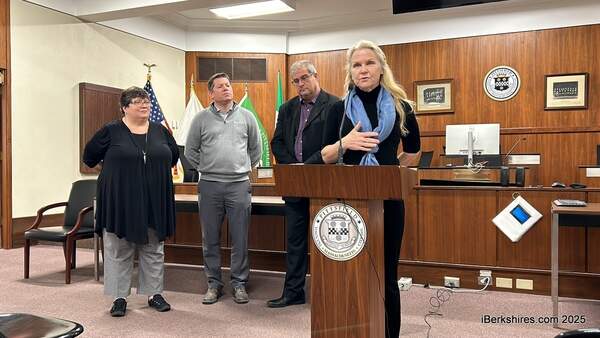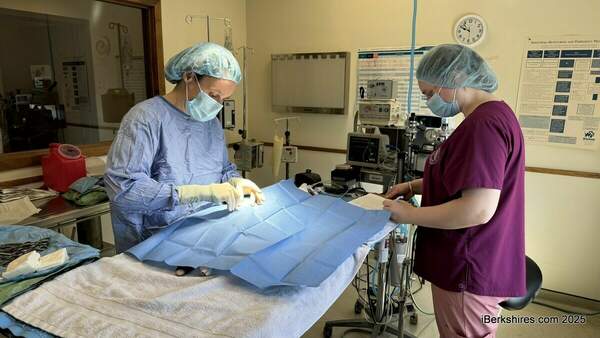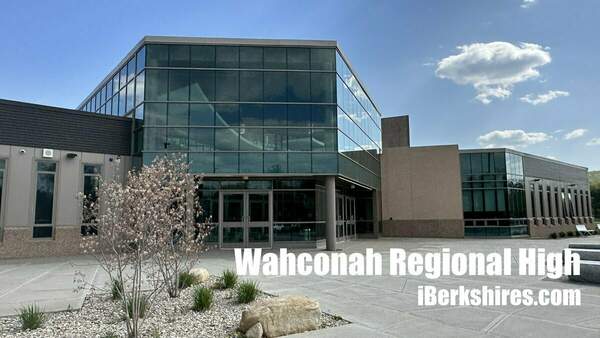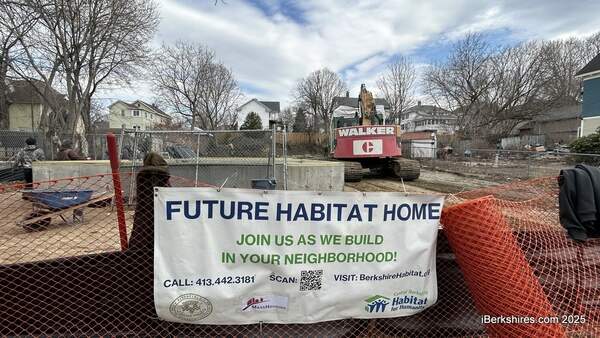BCC Trustees OK Water Quality Monitoring Certificate Program
PITTSFIELD, Mass. — Berkshire Community College will offer a new certification for environmentalists interested in water quality.
Last week, the Board of Trustees approved a request for a new 11-credit Water Quality Monitoring certificate program.
Bruce Winn, associate professor of environmental and life sciences, said the Berkshire Environmental Action Team, the Housatonic Valley Association, and the Hoosac River Watershed Association came to the college asking for training in monitoring and assessing surface water and outfalls in the county.
This is what started the idea for a formal certificate program.
"We've provided the training for them on the equipment and on the procedures and they also use a lot of our equipment, we give it to them on loan when they go into the field they take that out there and we provide technical assistance on the equipment and the procedures," Winn explained.
"They go out into the field, they take water samples and do chemical and bacteriological analyses, actually they bring the samples to us and we do the bacteriological analysis for them, we give them back the data, which they then report to, depending on which group it is and which contract we're talking about, they report to either [Massachusetts Department of Environmental Protection] or to [Environmental Protection Agency]. That's how this started."
The region's director for MassDEP suggested that it was a good idea if the people doing the monitoring had some sort of certificate and program was born.
It requires 11 credits including a lecture and lab course in chemistry, a four-credit field course with a lecture component, and an environmental advocacy course to give regulatory context.
"So it's very much in conjunction with the MassDEP that we came up with this," Winn said. "And they were delighted that they would have something that these people could show for."
The state's interactive Water Quality Data Viewer shows nearly 50 different stations that are subject to monitoring.
The new program was discussed at the student success subcommittee before coming to the full board.
Dean of STEM and Allied Health Frank Schickor said the department is very excited to have the certificate.
"It really addresses a public, community, and a student need," he said. "And it does so in a very, very targeted way while still maintaining the full rigor and depth of a college program."
Trustee Carlo Zaffanella was impressed with the proposal. He said it is an effective way to get a certificate for people who want it and need it.
It was also reported that President Ellen Kennedy will have a comprehensive evaluation by this summer, as required by the state every three to five years. Kennedy was named president in 2012.
The executive committee chose to engage the Association of Community College Trustees to help with the evaluation. In addition to surveys about the board's effectiveness, members will receive two opportunities to weigh in on Kennedy's work this year: through interviews with the ACCT and through a survey.
There will also be opportunities for faculty, students, and community partners to weigh in.
A summary will be delivered in late May with a final evaluation in June.
Tags: BCC, water,















